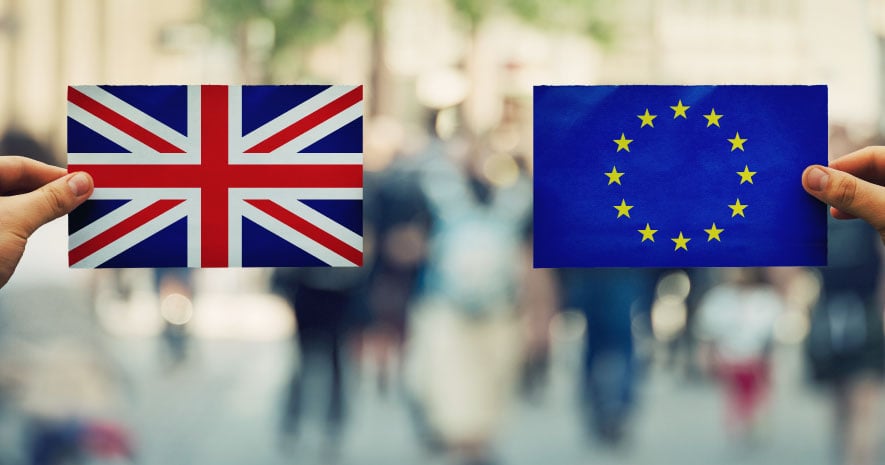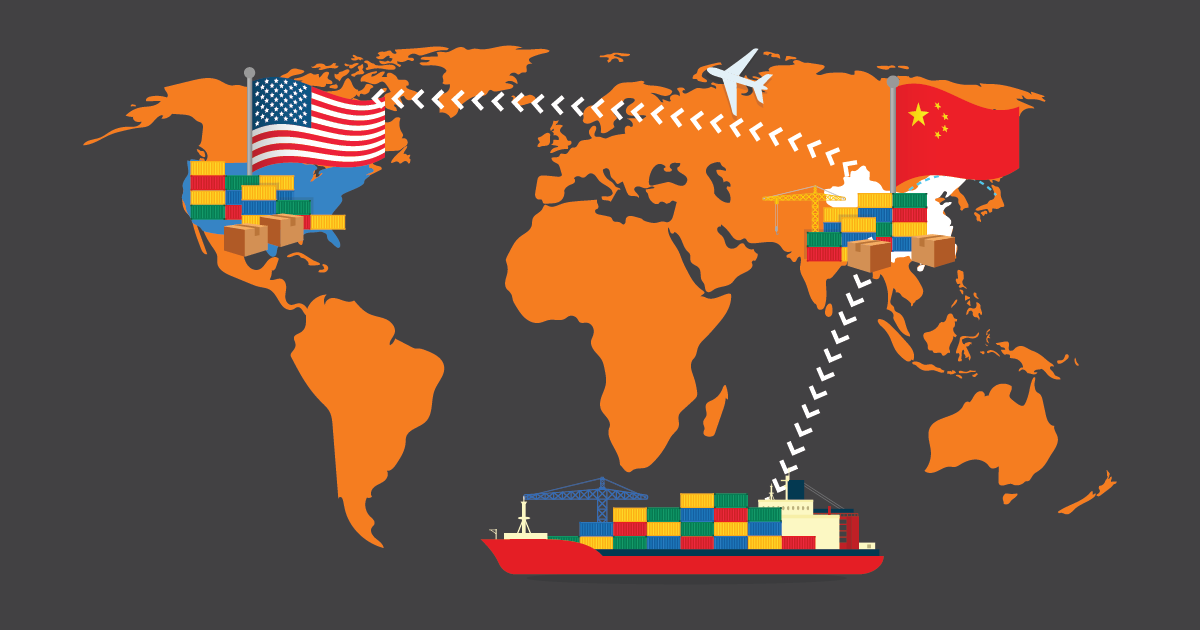The EU and the UK signed a Trade and Cooperation Agreement (TCA) on December 24, 2020, which creates a three-pillared framework to establish free trade, a partnership for citizens’ security and an agreement on governance following the end of the formal transition period for the UK’s withdrawal from the EU Single Market and Customs Union. January 1, 2021 marked the beginning of the new relationship between the UK and the EU as separate markets with distinct regulations and laws.
Given the late-stage timing of the TCA, the EU agreed to implement it on a provisional basis through February 28, 2021, pending conclusion of its internal procedures for the TCA to become EU law. The TCA became law in the UK on December 31, 2020 after receiving Royal Assent.
The framework of the EU-UK TCA covers important aspects of trade affected by the UK withdrawal from the EU:
- It establishes a free trade agreement (FTA) that, among other things:
- Requires zero tariffs and zero quotas for qualified EU- and UK-originating goods;
- Sets forth TCA rules of origin and product-specific rules for qualifying goods;
- Permits both importers and exporters to certify the origin of the goods, but places the burden for TCA compliance on the importer;
- Permits a “Statement on Origin” to be made on the commercial invoice or any other document, notably omitting a prescribed format for the origin certification (consistent with other recent FTAs), and permits certification to be made for a single shipment or as a blanket certification for multiple shipments of identical products for up to a 12-month period;
- Incorporates the “Customs Valuation Agreement” under Article VII of GATT 1994 and applies international law to customs value; and
- Establishes mutual recognition of “trusted trader” programs, with streamlined procedures for registered traders.
- Establishes a new framework for law enforcement and judicial cooperation in criminal and civil law matters relating to cross-border crime and builds new operational capabilities since the UK, as a non-EU member outside of the Schengen area, will not have the same facilities as it did prior to the new FTA; and
- Establishes an agreement on a governance framework to provide legal certainty to business and consumers, including how the agreement will be operated and controlled, and matters such as binding enforcement and dispute settlement mechanisms.
The UK currently has concluded 34 FTAs with 91 countries and has ongoing engagement with additional countries. For FTAs that have not yet been ratified, the UK implemented “provisional application” or “bridging mechanisms”, where applicable, to bring the agreements into effect ahead of internal entry into force procedures to allow for continuity of trade.






